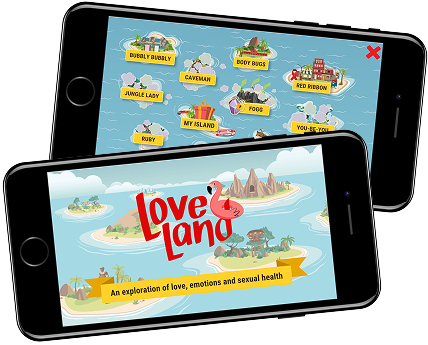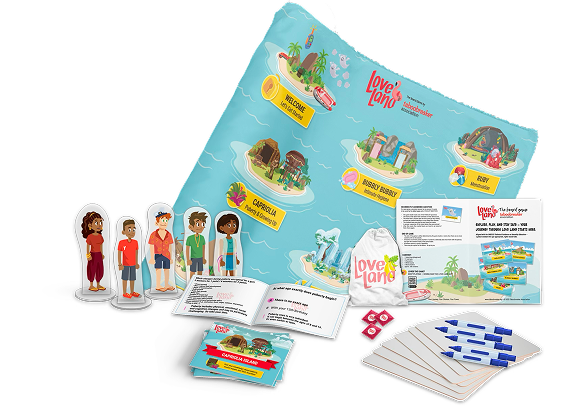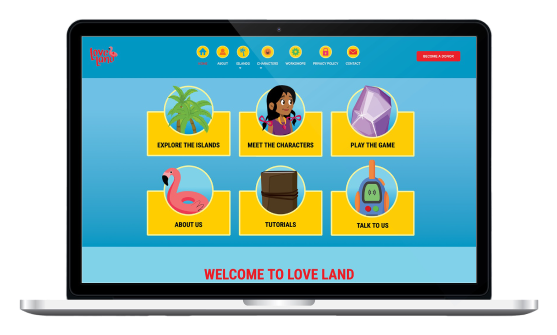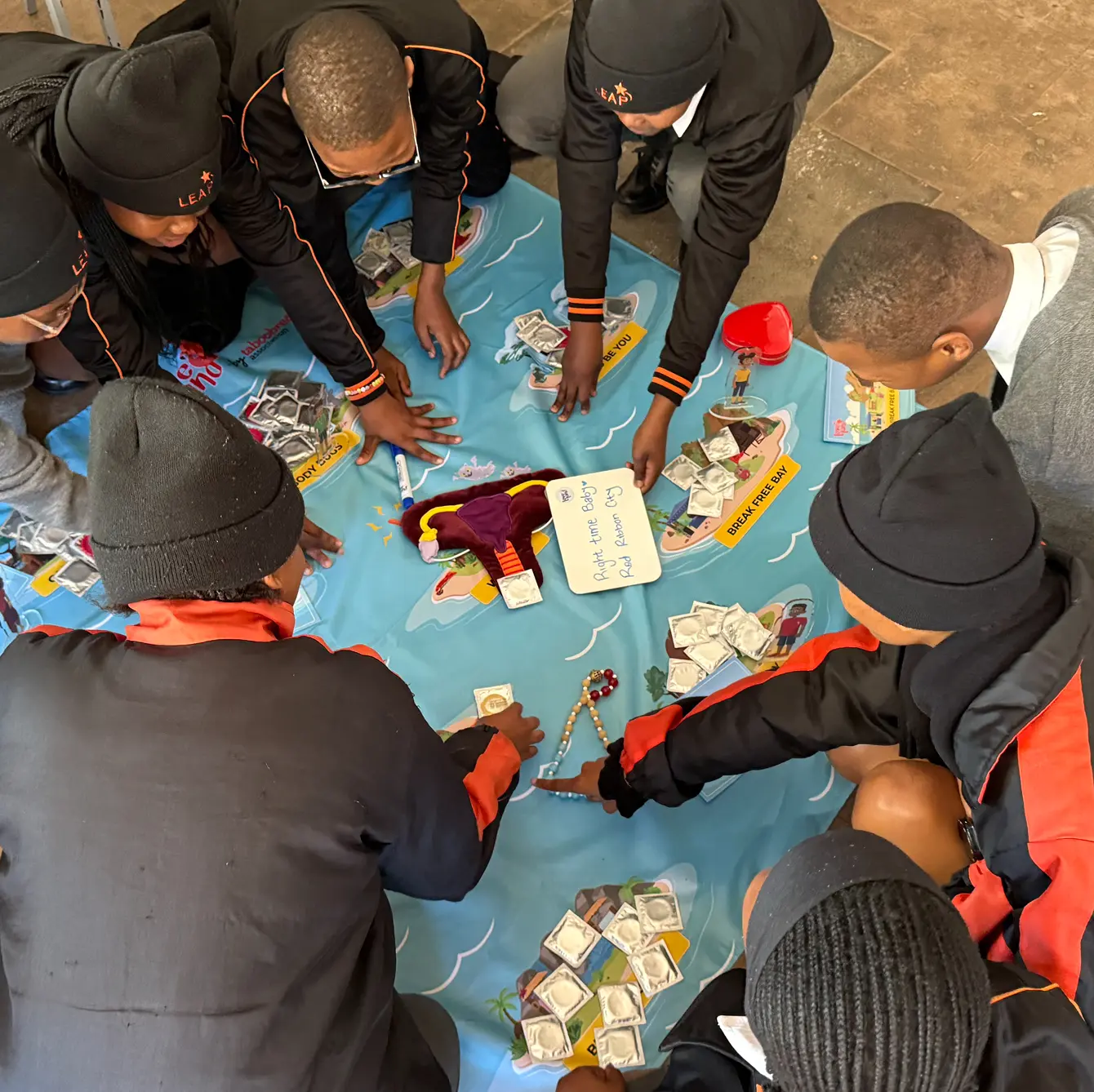
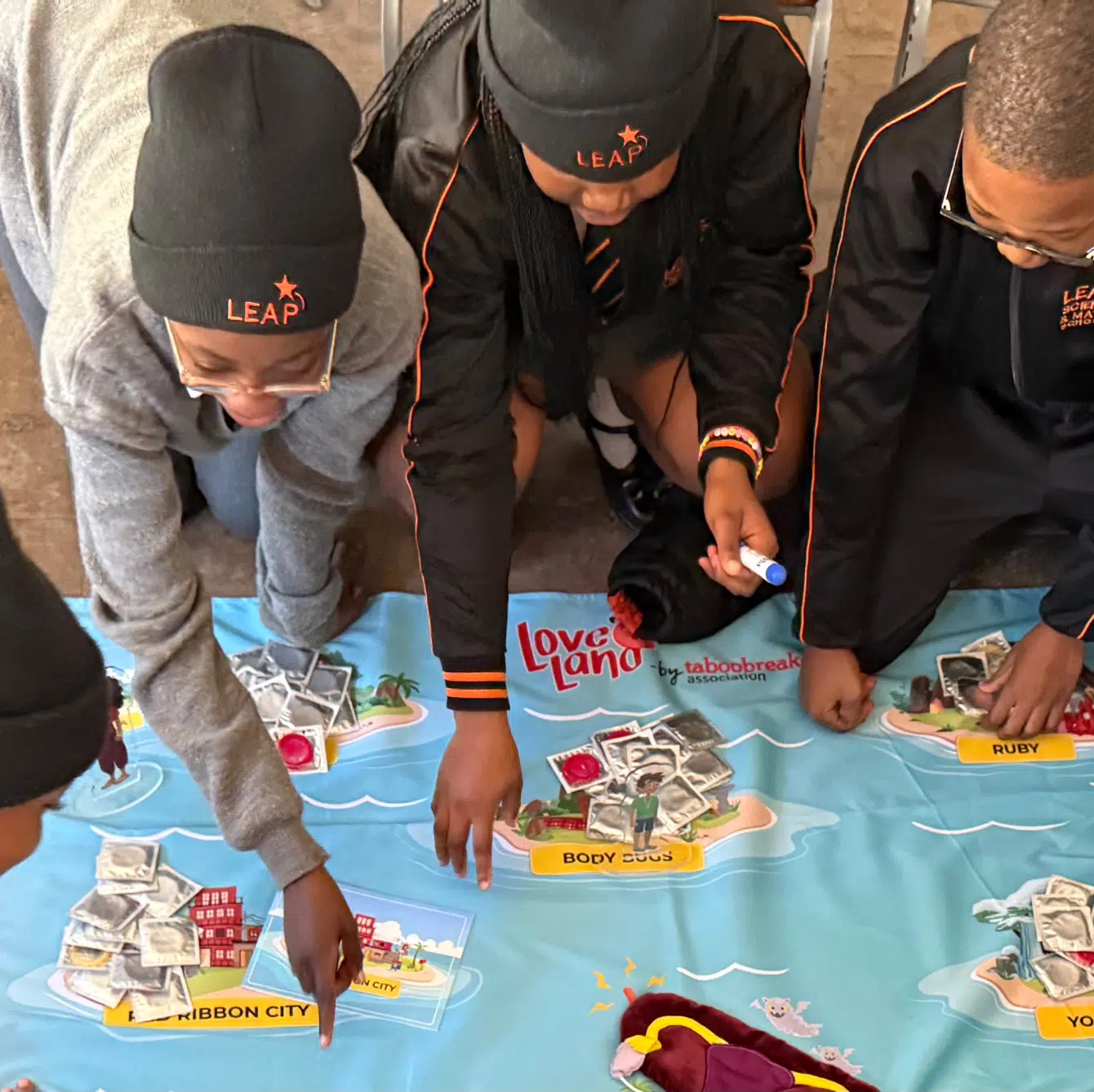
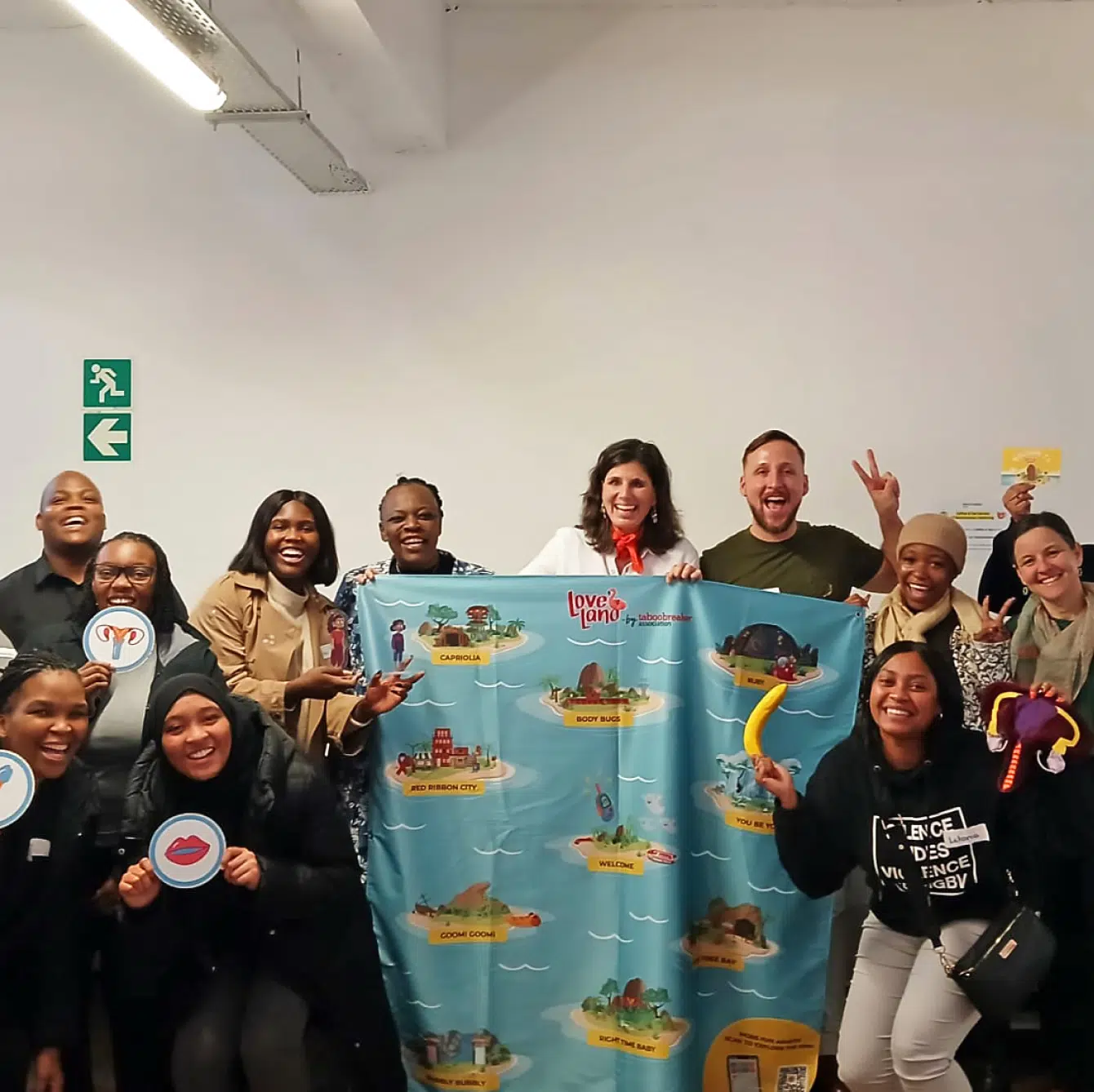
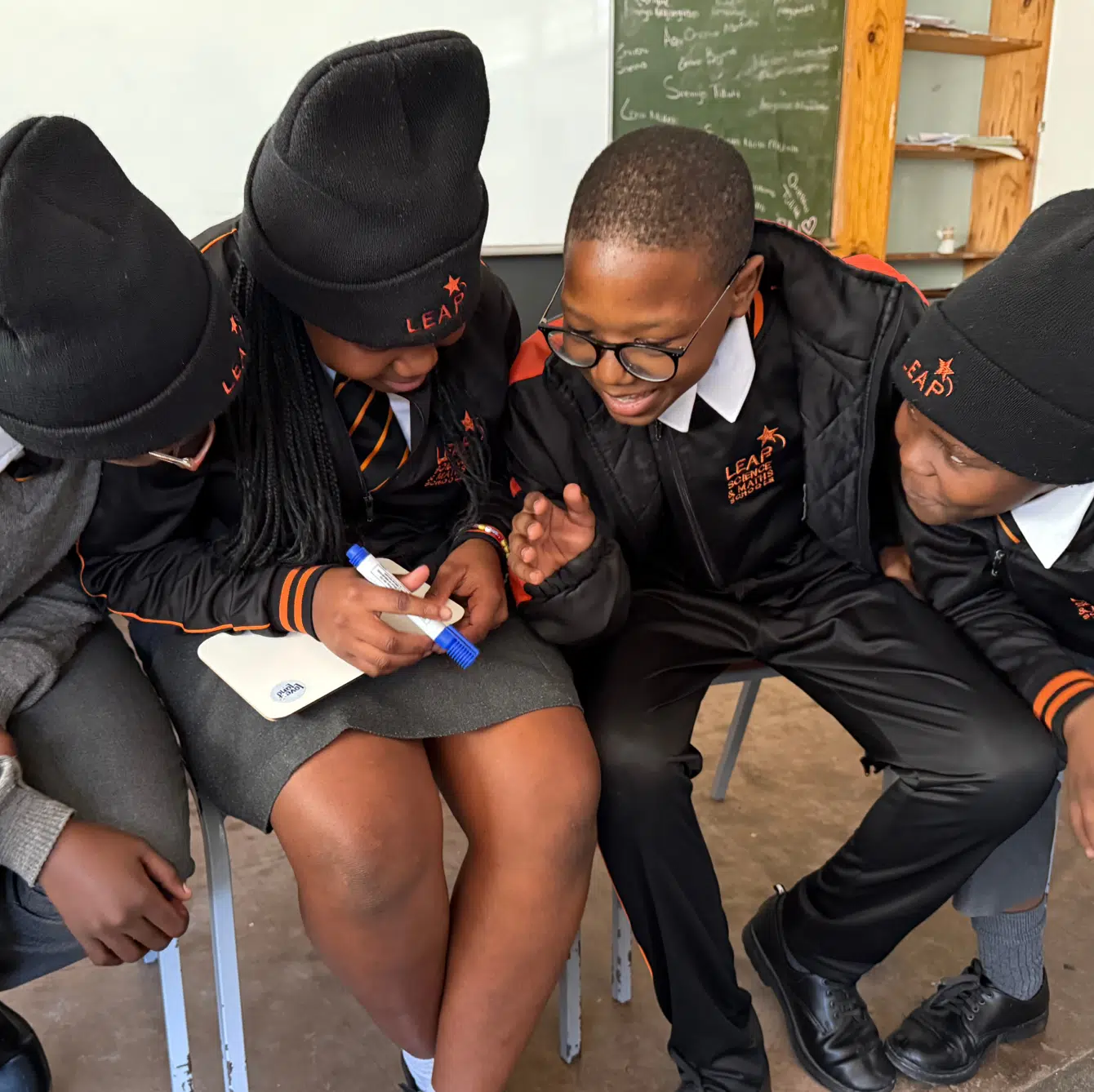
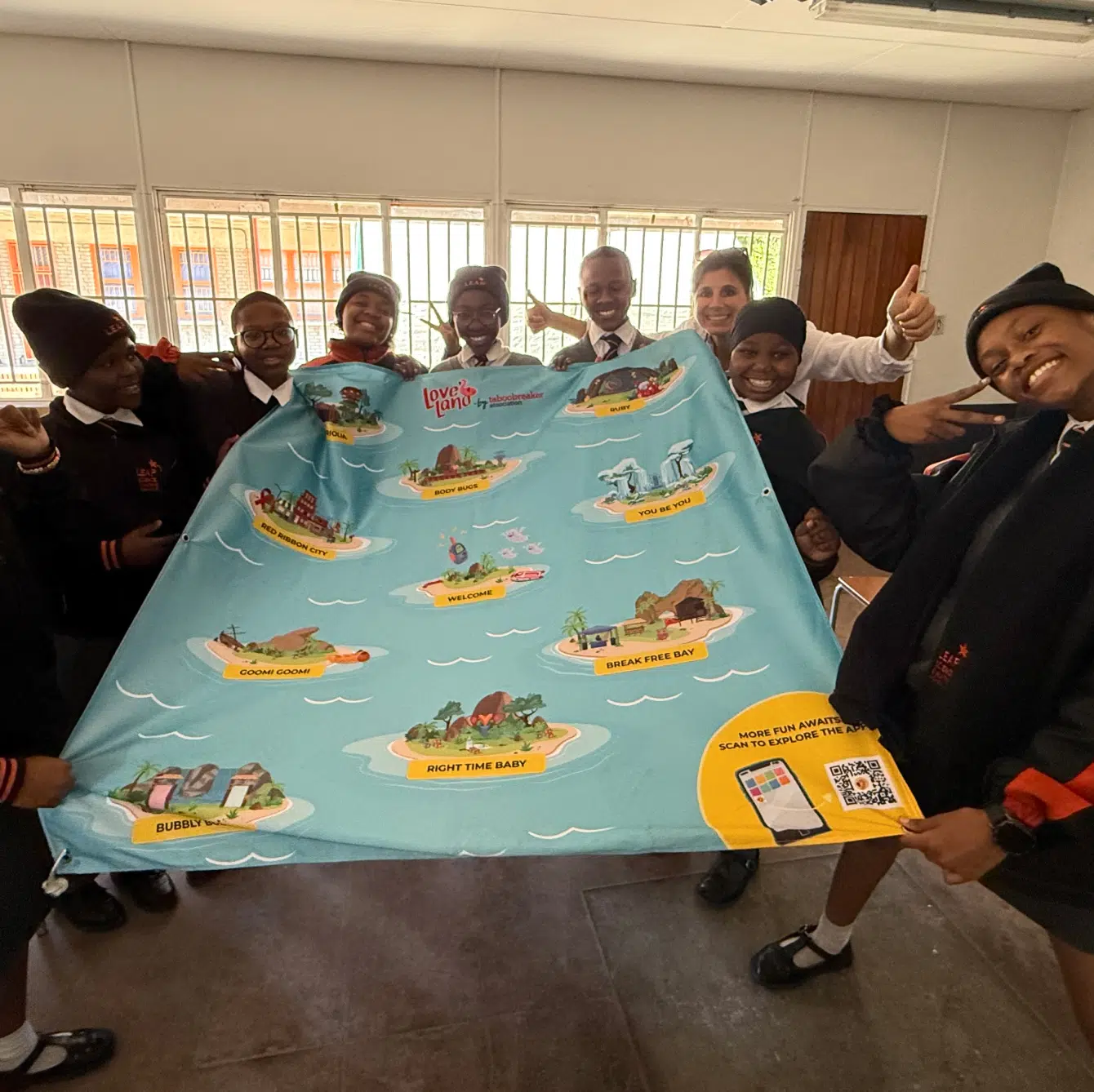
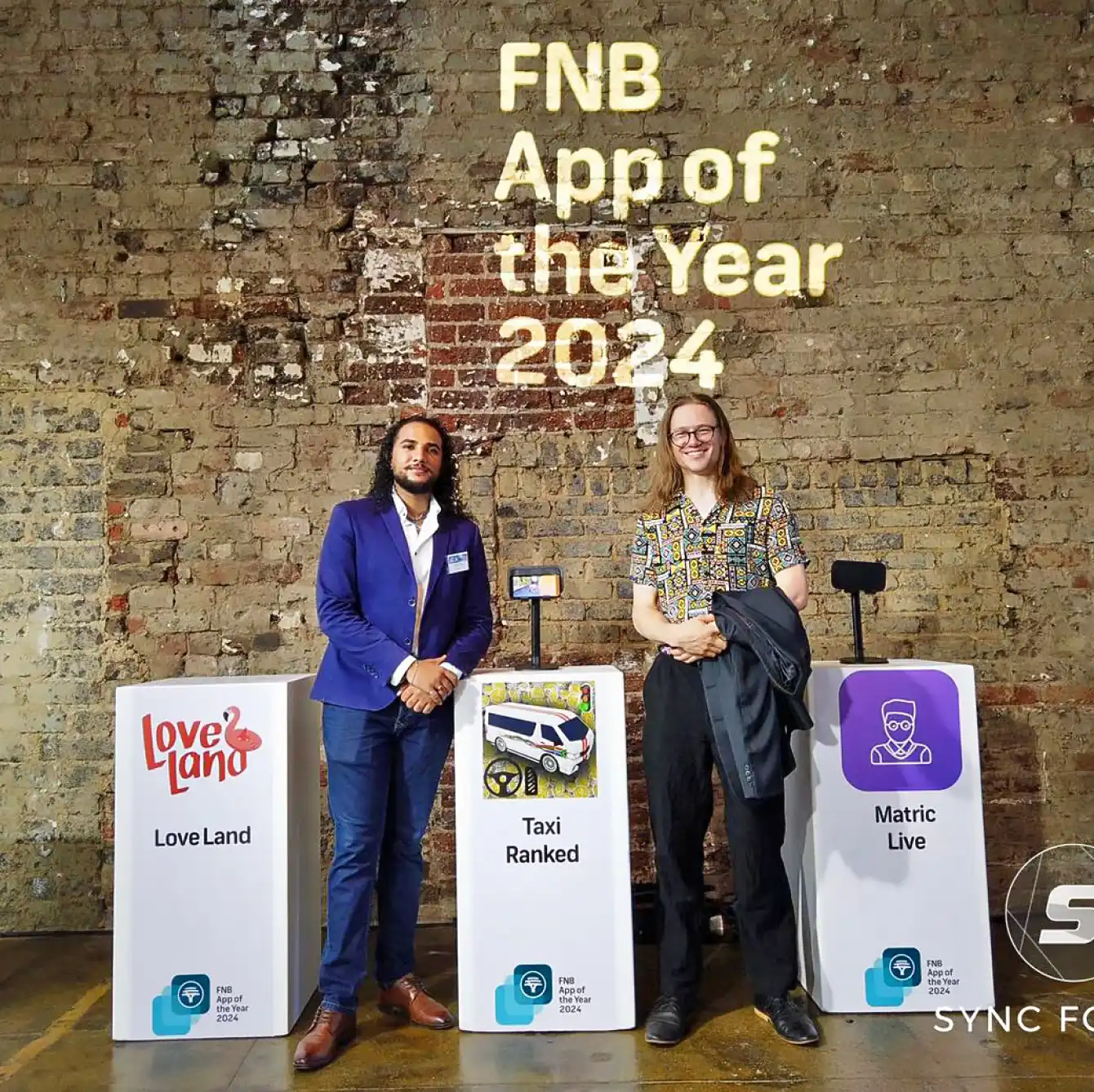
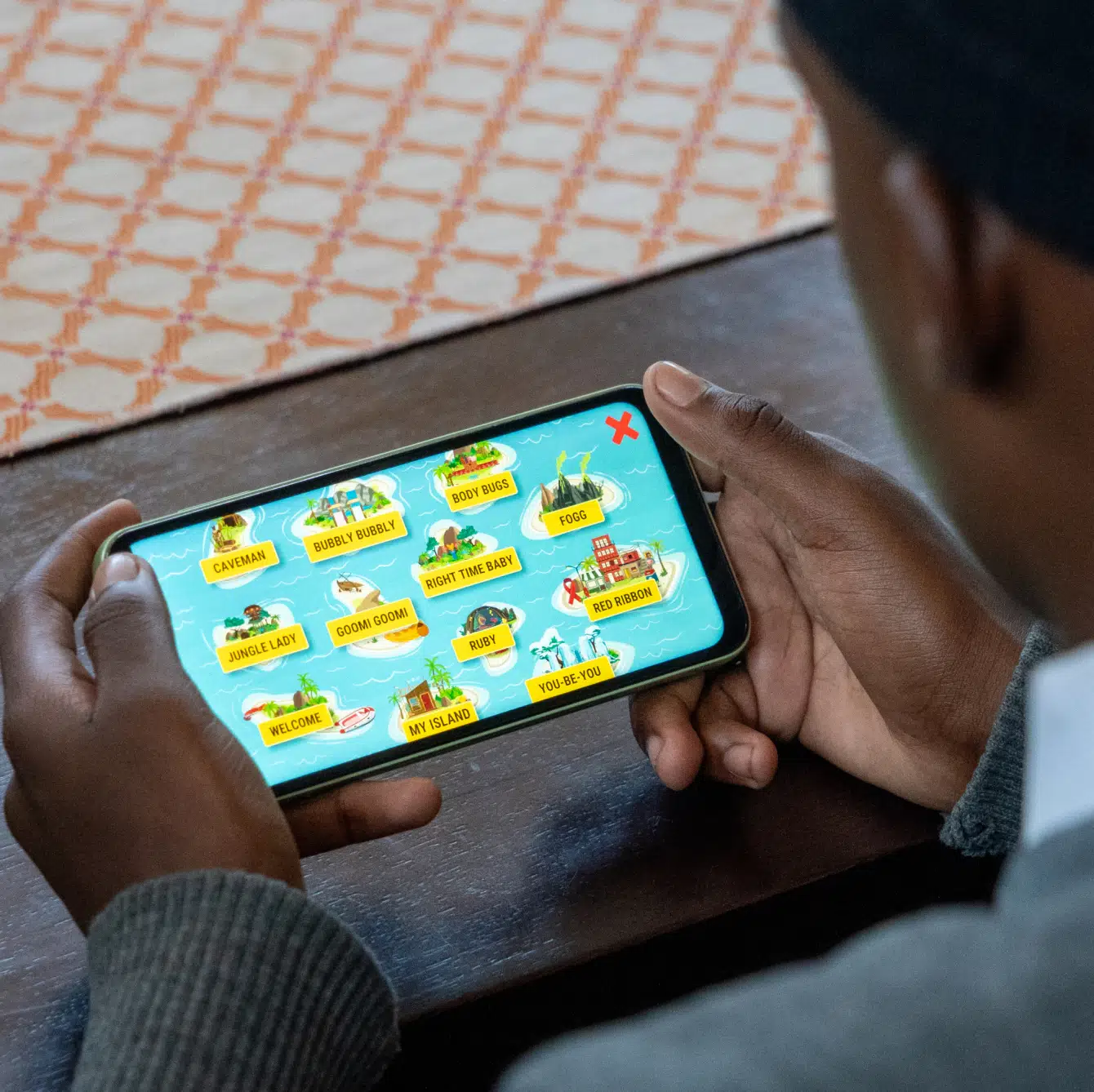
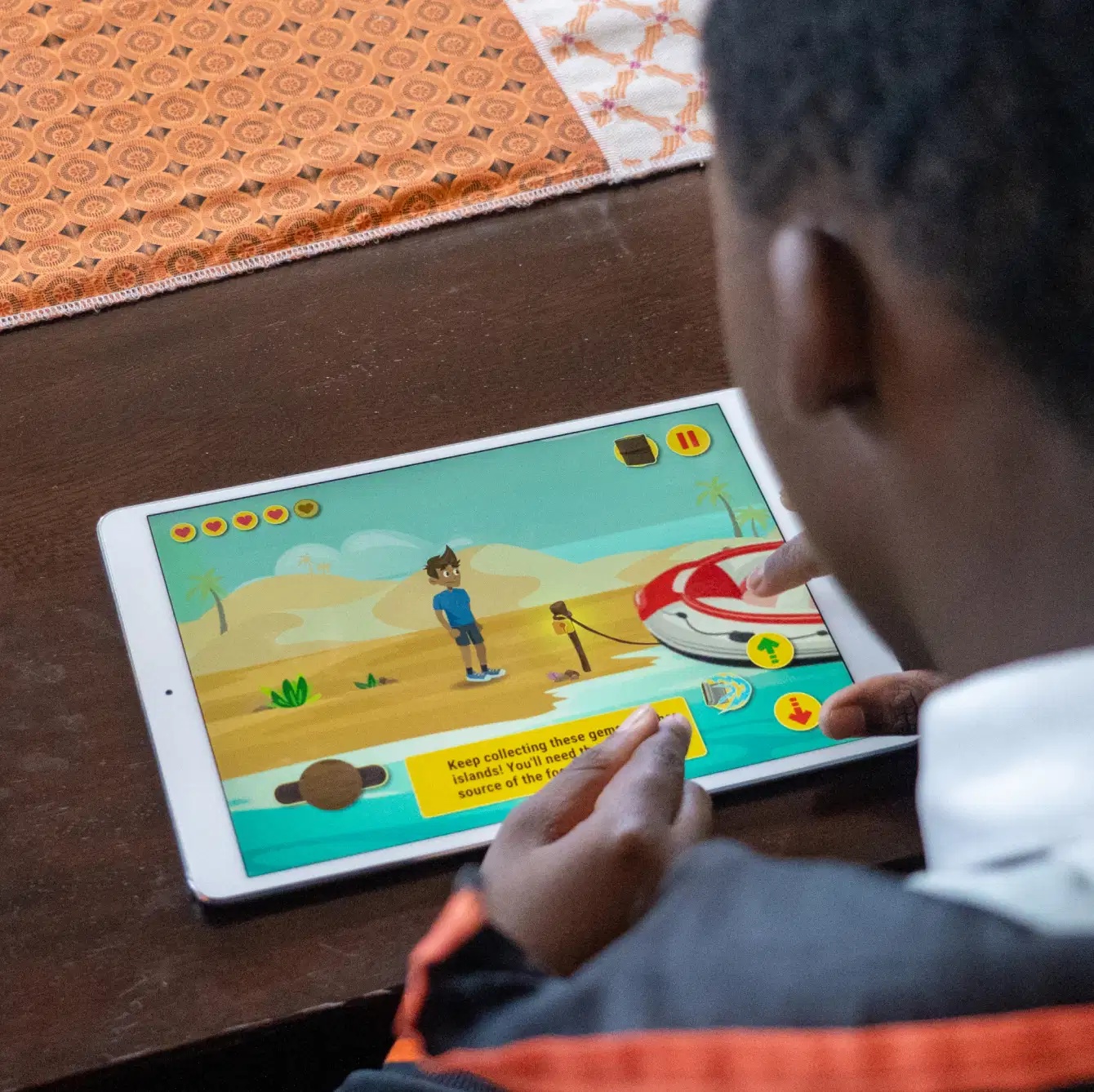
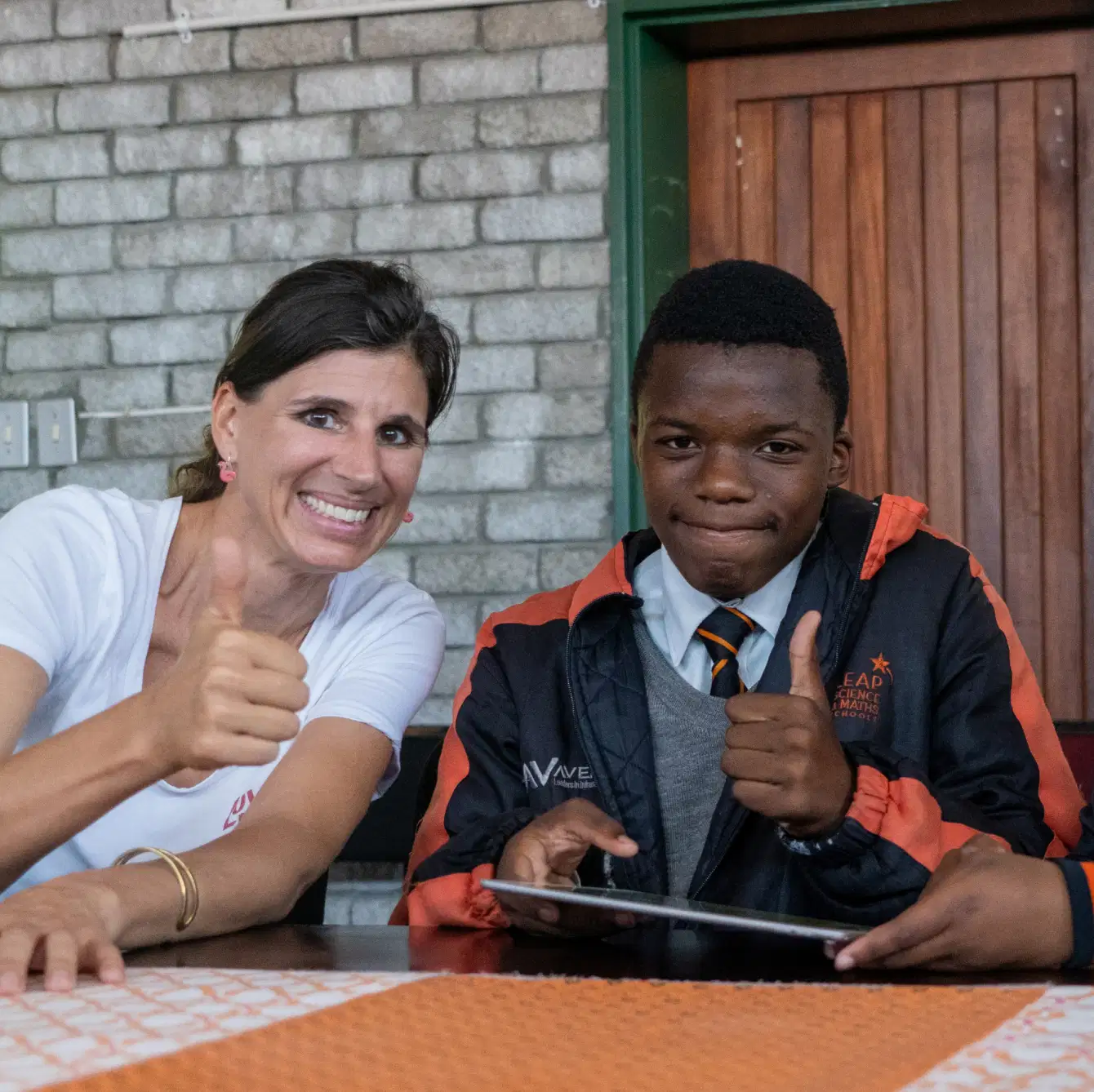
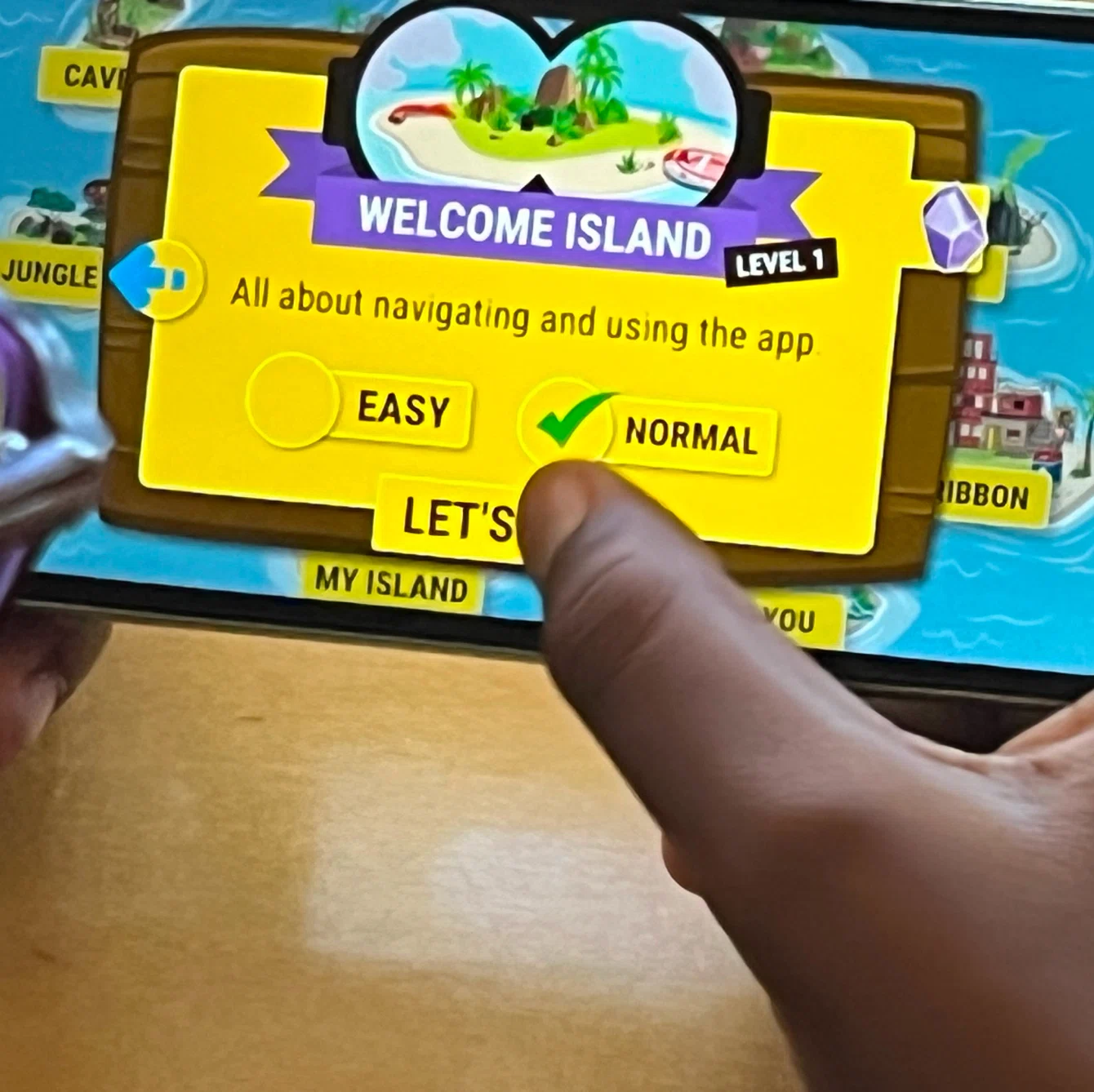
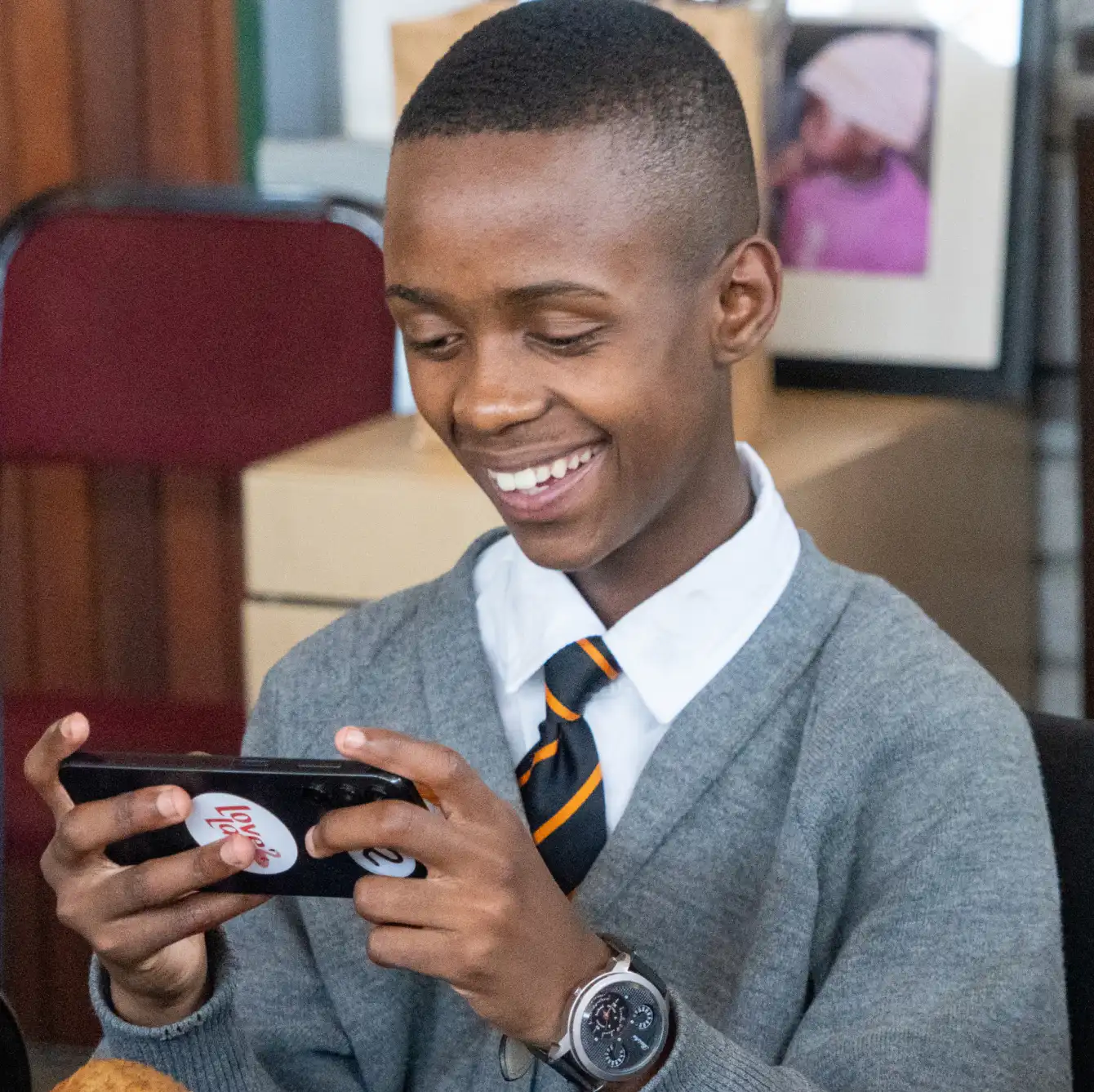
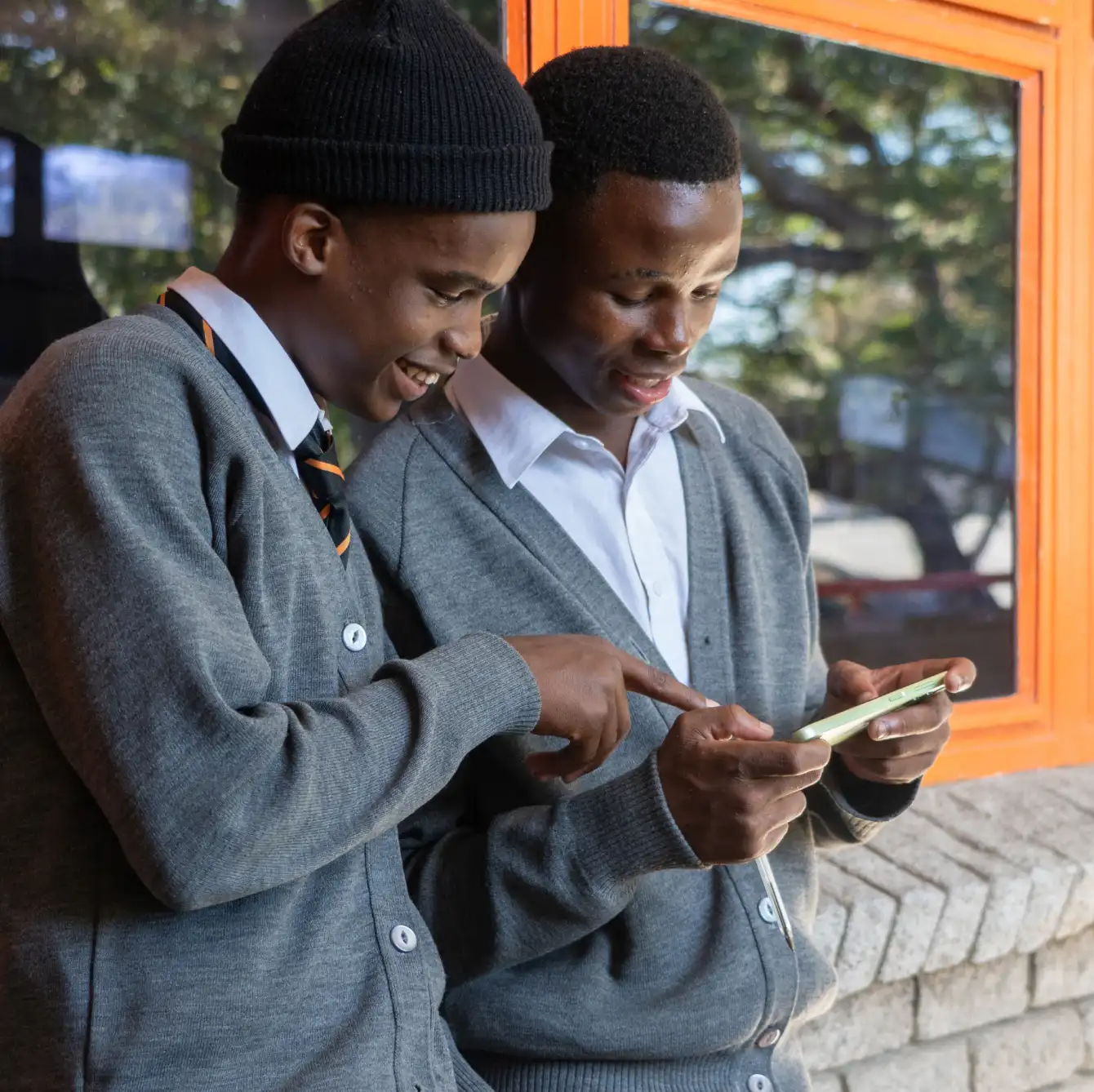
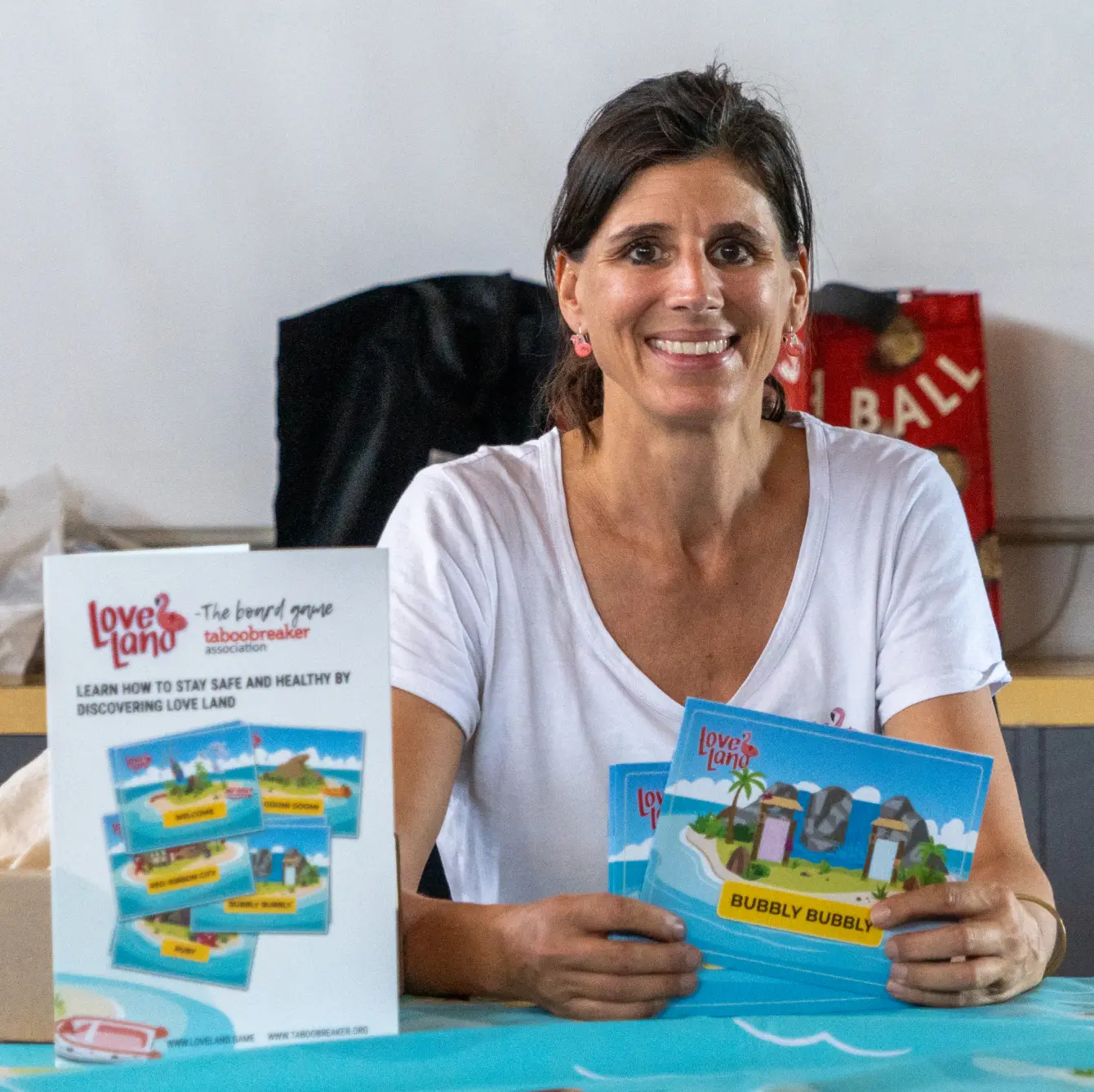
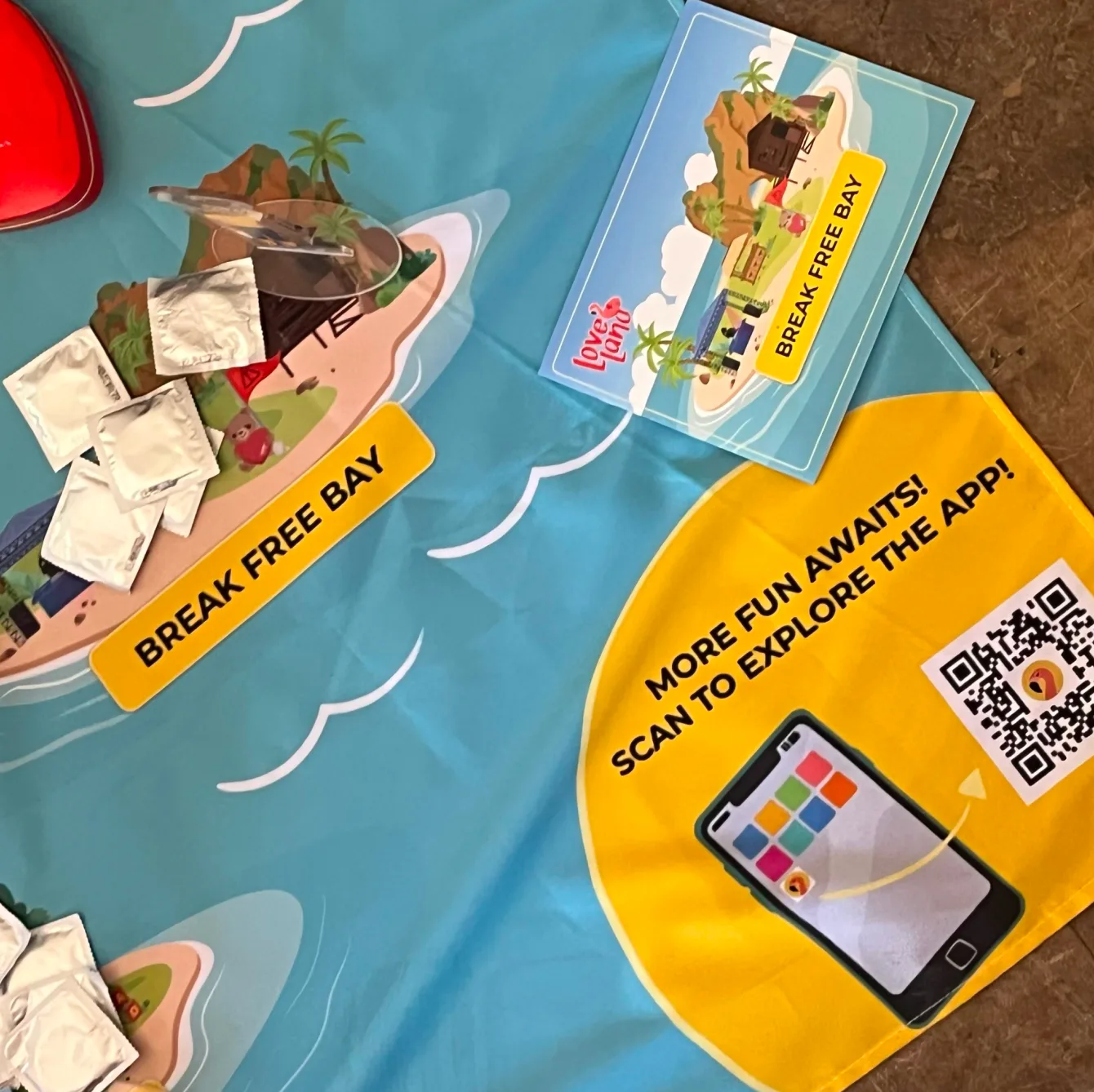
Too many young people grow up without the knowledge they need about their bodies, minds and relationships.
Replace shame with knowledge. Silence with support. Fear with empowered learning.
The Real Problem
Mental and sexual health are essential, but still treated as taboo. There isn’t enough open, accurate or age-appropriate education. Adults feel awkward. Young people feel ashamed. Questions go unanswered.
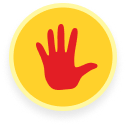
1 in 3
Women and girls globally experience physical and/or sexual violence in their lifetime
Source: WHO
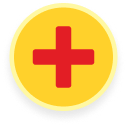
$34 billion
South Africa loses this every year by failing to prioritise sexual health. That’s twice the entire health budget.
Source: UNAIDS
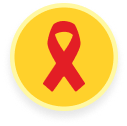
140,000
New HIV infections every year among 10-19-year-olds globally.
Source: UNICEF
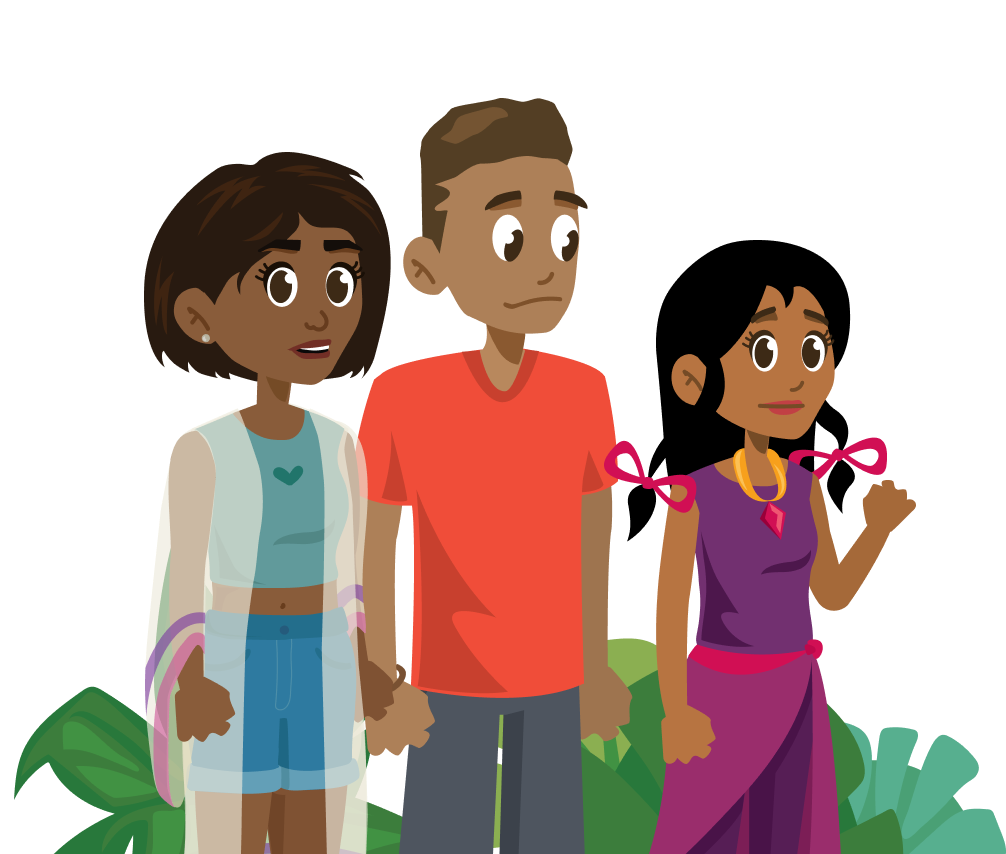
The Result?
Not because young people don’t care, but because we don’t teach them. They need clear, honest and accessible education. Silence is costing lives.
Our 3-in-1 Solution
We heard the call for something better. We built it.
Taboobreaker created Love Land, a 3-in-1 learning solution co-designed with communities to close the global gap in mental and sexual health education. With a youth-friendly app, large-group board game and hands-on teaching toolkit, Love Land makes tough topics engaging, accessible and stigma-free across languages, cultures and connectivity levels.
Join The Movement
If you or your organisation has valuable resources, support or insight to contribute to Love Land’s mission, get in touch with us!
Frequently Asked Questions
Don’t see your question?
Get in touch with us directly
Taboobreaker is a South African and Swiss nonprofit transforming how mental and sexual health education is delivered. We create stigma-free, youth-informed tools that empower young people to make confident, informed decisions.
Love Land is our multi-channel solution including an app, game and online platform where young people can safely explore mental and sexual health topics. The name was chosen by young people during design and testing. For them, Love Land represents a safe space for curiosity, care and confidence without shame.
You can support Taboobreaker by donating, partnering or volunteering. Your support helps us expand Love Land, train educators and reach more young people. [Click here to donate] (Insert donation link)

